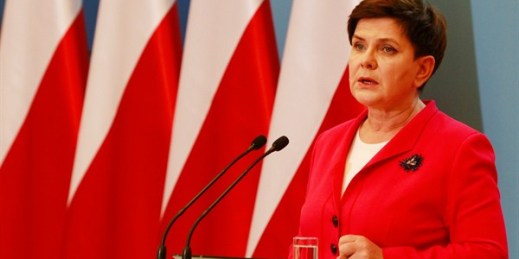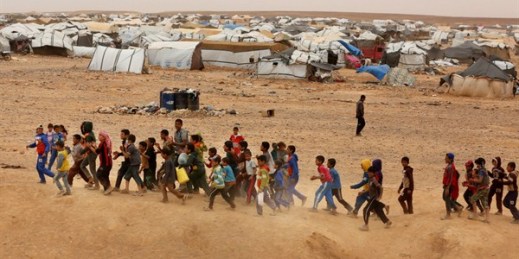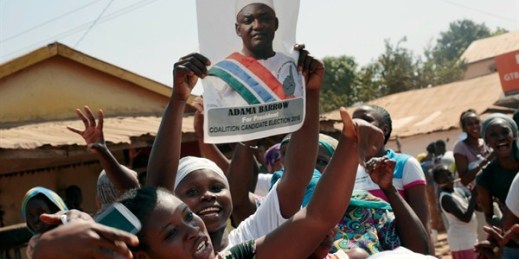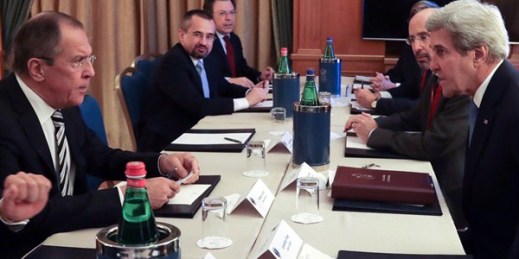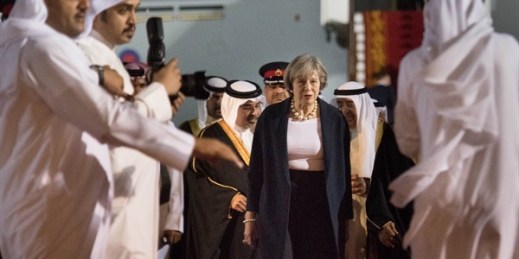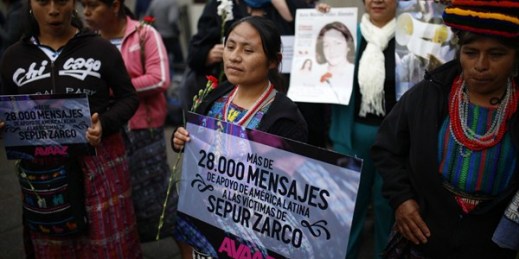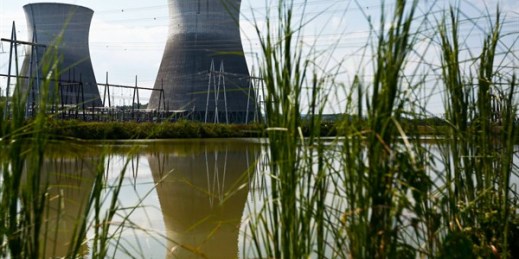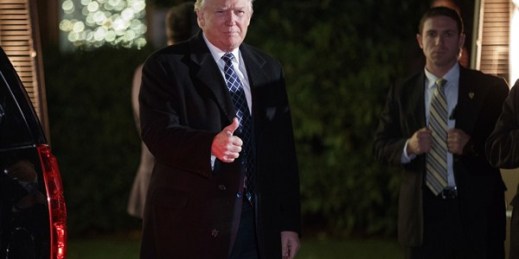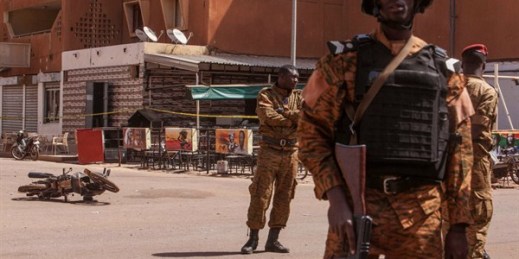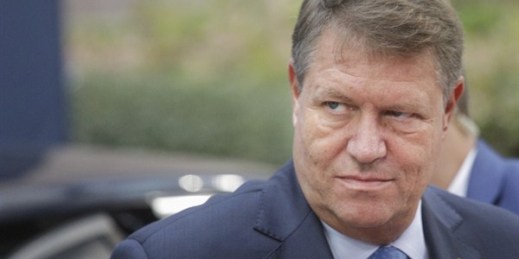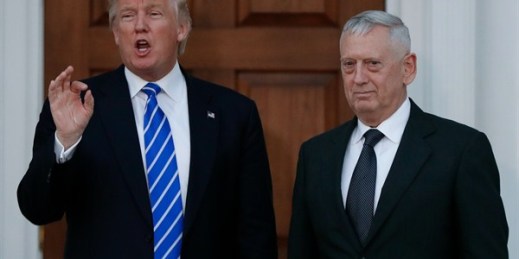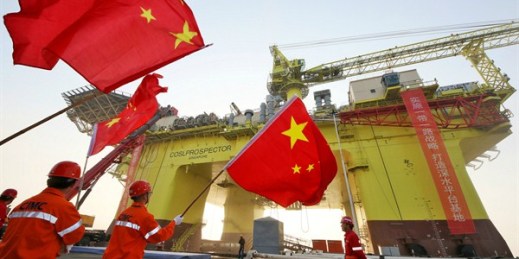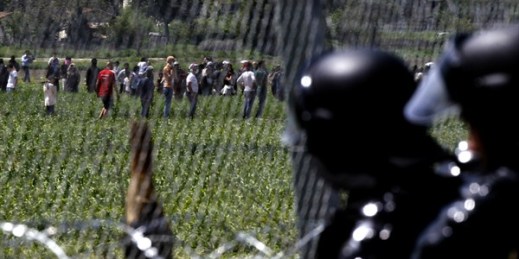
Editor’s note: This article is the first in an ongoing WPR series on income inequality and poverty reduction in various countries across the globe. Though Sweden has one of the lowest rates of income inequality in the world, it is experiencing a wave of anti-establishment nationalism similar to what has struck much of Europe and the United States, fueled in large part by a backlash against immigration. In an email interview, Daniel Waldenström, a visiting professor at the Paris School of Economics, discusses income inequality in Sweden. WPR: What is the rate of income inequality in Sweden, what are the […]


